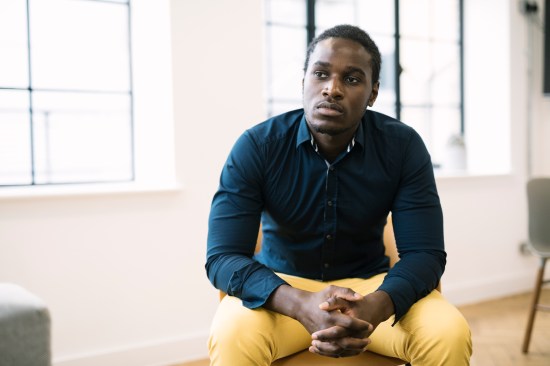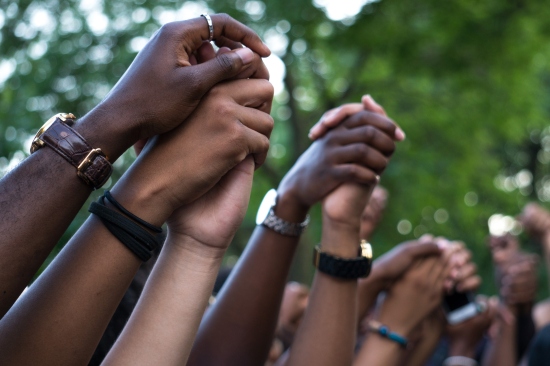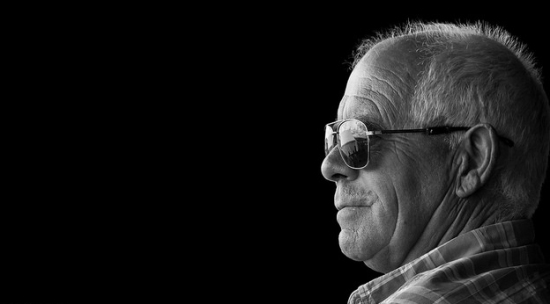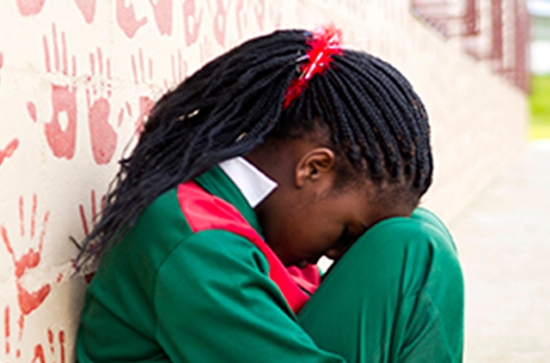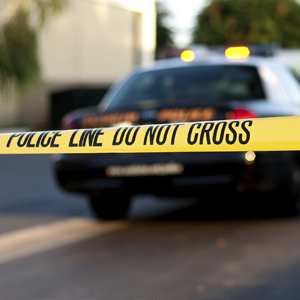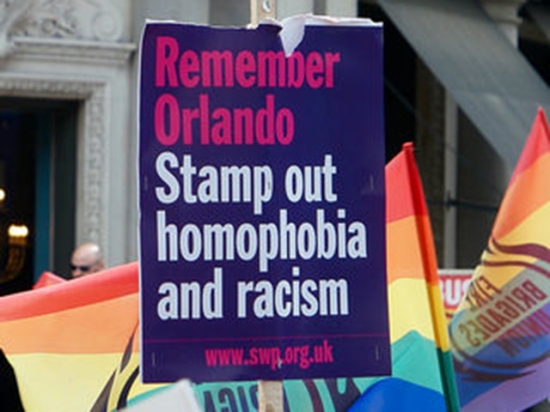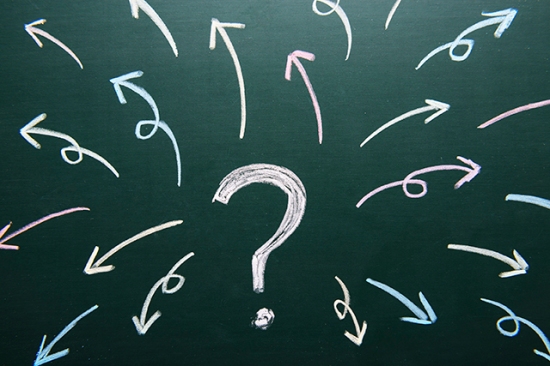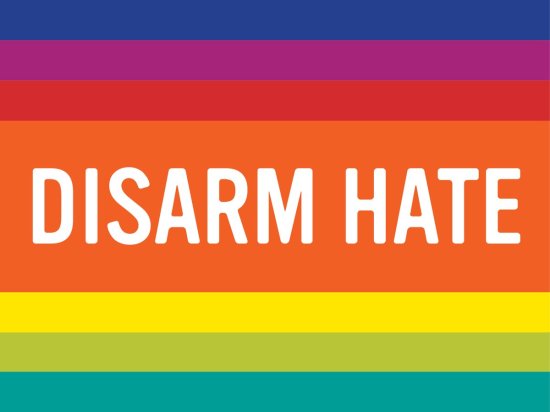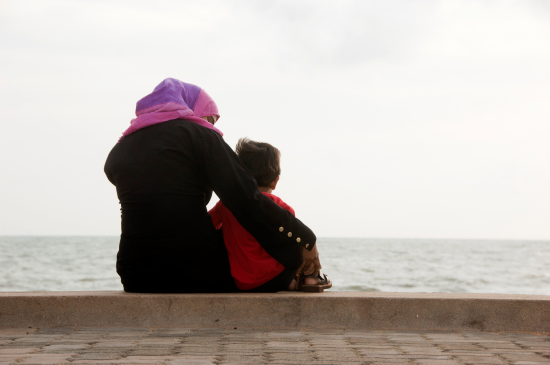According to the Bureau of Labor Statistics, the unemployment rate for Black males between ages 20 and 24 is more than double the national average for this age group (14.3% vs. 7.1%). The APA report on “Health Disparities in Racial/Ethnic and Sexual Minority Boys & Men” prompted a deeper focus on how these employment disparities lead to adverse health impacts, specifically amongst Black millennial men. An APA fact sheet examines this narrowed topic.
- About
- Authors
- Back to School Blog Series
- Blog Series on Parenting & Discipline
- Blog Series on Race, Racism, and Law Enforcement in Communities of Color
- Blog Series on Talking to Kids about Race and Ethnicity
- Blog Series on Violence Against Women and Girls
- Copyright
- Disclaimer
- Get Involved
- We’re Psyched!
- Welcome
